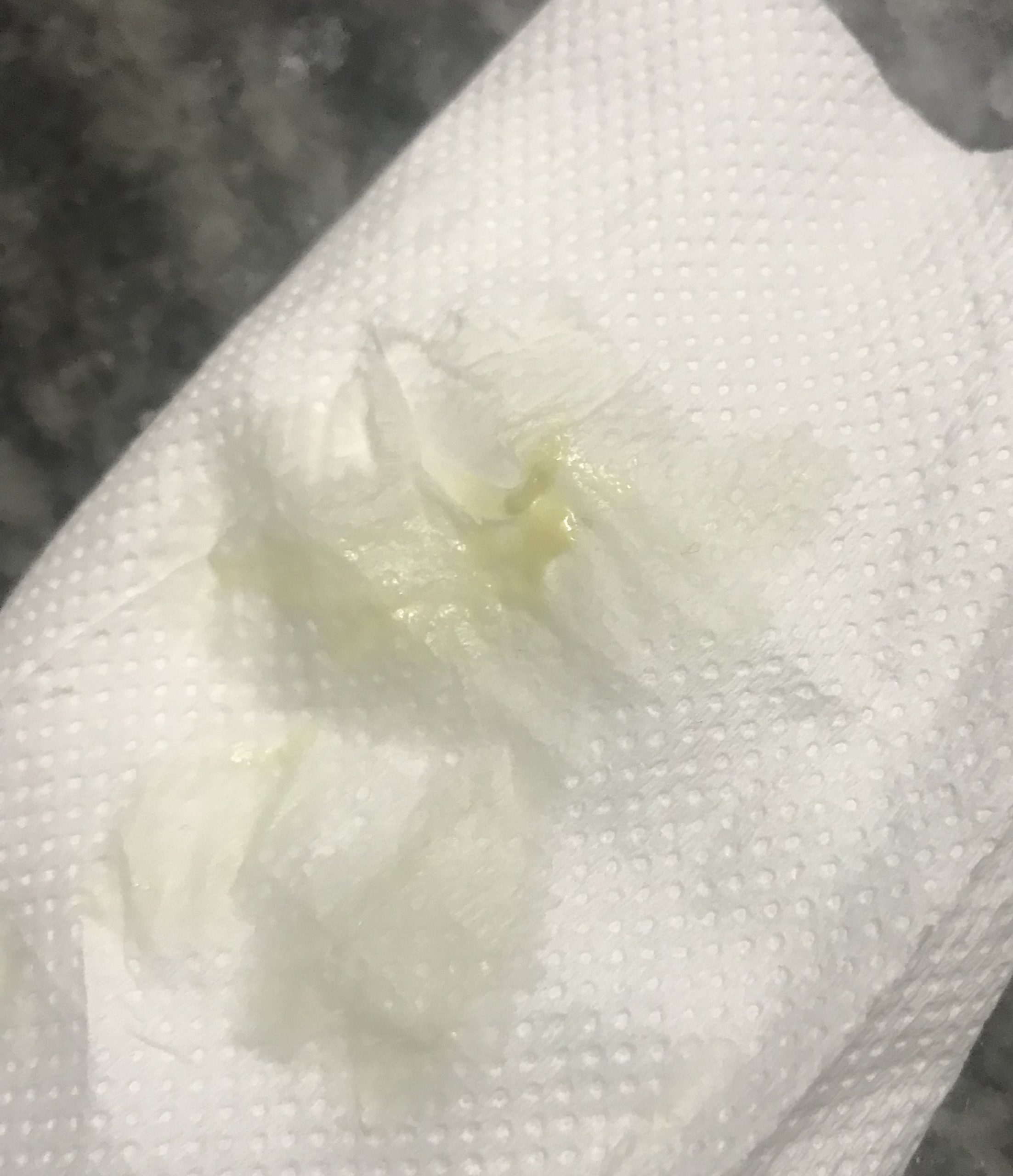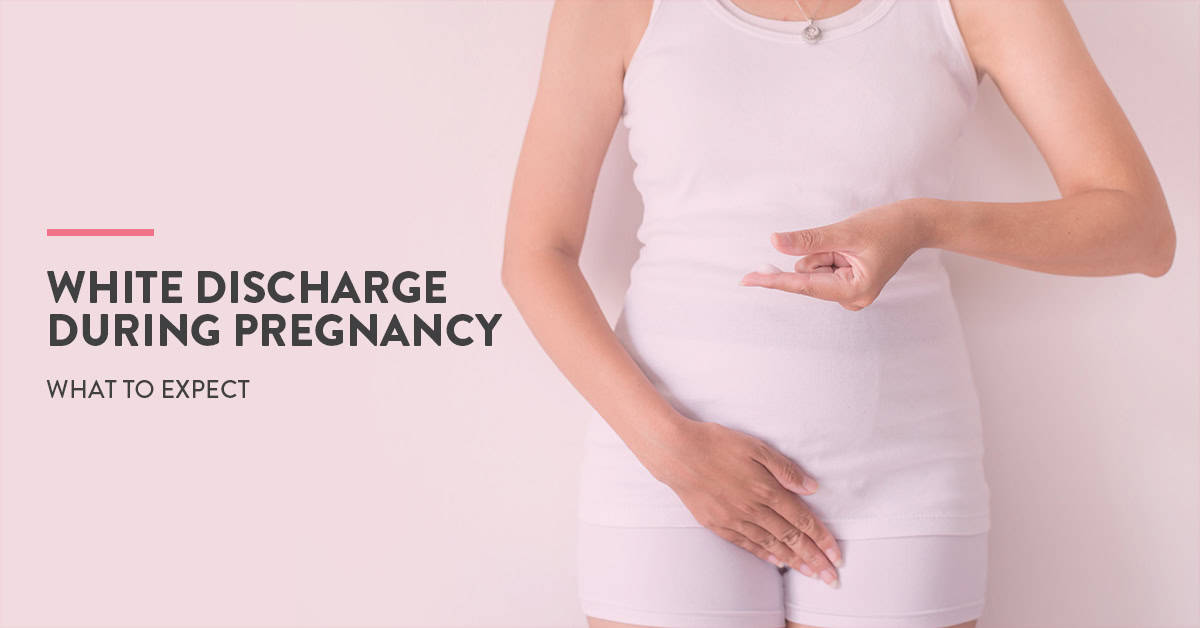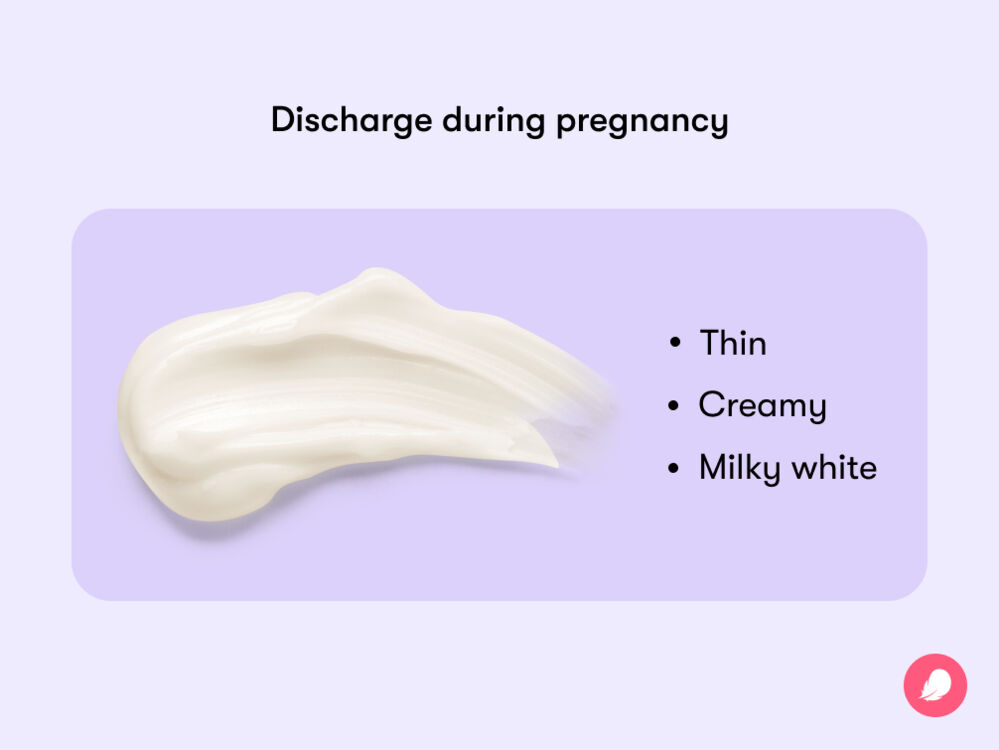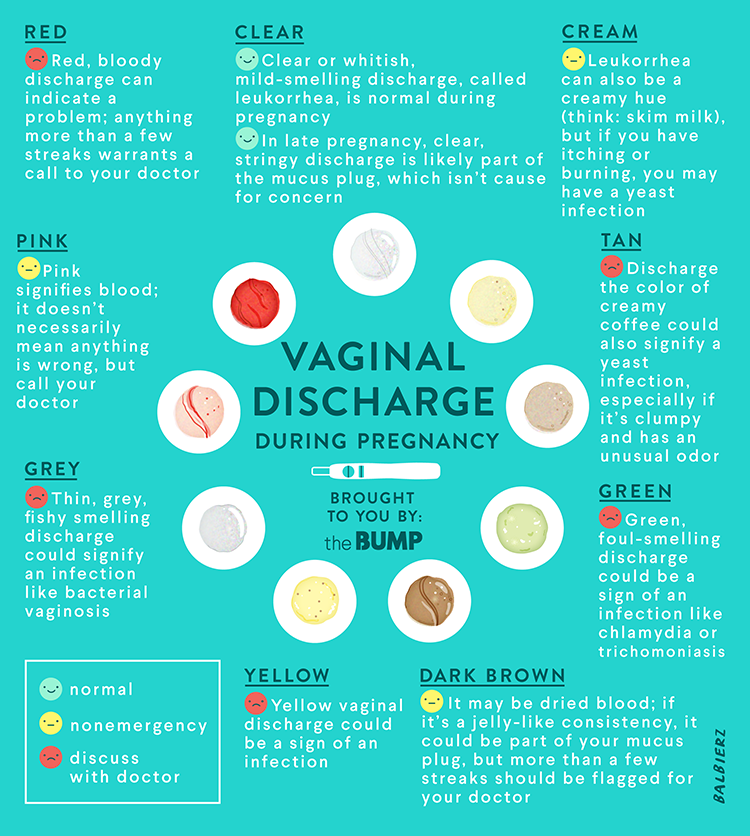White Discharge In 20 Week Pregnancy - It serves the purpose of protecting the birth canal. The white discharge, also known as leukorrhea, is usually thin, milky, and odorless. If you are spotting or bleeding during pregnancy, do not use tampons, instead. Wipe the genital area from the front to the back after passing urine or stool. Here's what it means, why you're seeing it and.
If you are spotting or bleeding during pregnancy, do not use tampons, instead. The white discharge, also known as leukorrhea, is usually thin, milky, and odorless. Wipe the genital area from the front to the back after passing urine or stool. Here's what it means, why you're seeing it and. It serves the purpose of protecting the birth canal.
If you are spotting or bleeding during pregnancy, do not use tampons, instead. The white discharge, also known as leukorrhea, is usually thin, milky, and odorless. Here's what it means, why you're seeing it and. Wipe the genital area from the front to the back after passing urine or stool. It serves the purpose of protecting the birth canal.
Discharge During Pregnancy Color and Consistency Causes
Wipe the genital area from the front to the back after passing urine or stool. If you are spotting or bleeding during pregnancy, do not use tampons, instead. It serves the purpose of protecting the birth canal. The white discharge, also known as leukorrhea, is usually thin, milky, and odorless. Here's what it means, why you're seeing it and.
Milky White Discharge Early Pregnancy Top 5 Causes YouTube
The white discharge, also known as leukorrhea, is usually thin, milky, and odorless. If you are spotting or bleeding during pregnancy, do not use tampons, instead. Wipe the genital area from the front to the back after passing urine or stool. Here's what it means, why you're seeing it and. It serves the purpose of protecting the birth canal.
How To Deal With White Discharge During Pregnancy CK Birla Hospital
Wipe the genital area from the front to the back after passing urine or stool. If you are spotting or bleeding during pregnancy, do not use tampons, instead. It serves the purpose of protecting the birth canal. Here's what it means, why you're seeing it and. The white discharge, also known as leukorrhea, is usually thin, milky, and odorless.
Milky white discharge causes before after period pregnancy odor thick
Wipe the genital area from the front to the back after passing urine or stool. It serves the purpose of protecting the birth canal. Here's what it means, why you're seeing it and. The white discharge, also known as leukorrhea, is usually thin, milky, and odorless. If you are spotting or bleeding during pregnancy, do not use tampons, instead.
Vaginal discharge during pregnancy What does it mean? Flo
It serves the purpose of protecting the birth canal. If you are spotting or bleeding during pregnancy, do not use tampons, instead. Here's what it means, why you're seeing it and. The white discharge, also known as leukorrhea, is usually thin, milky, and odorless. Wipe the genital area from the front to the back after passing urine or stool.
Is Having A Watery Discharge During Pregnancy Normal? MomJunction
Here's what it means, why you're seeing it and. Wipe the genital area from the front to the back after passing urine or stool. It serves the purpose of protecting the birth canal. If you are spotting or bleeding during pregnancy, do not use tampons, instead. The white discharge, also known as leukorrhea, is usually thin, milky, and odorless.
White discharge during pregnancy. Is it normal? Dr. H S Chandrika
If you are spotting or bleeding during pregnancy, do not use tampons, instead. Wipe the genital area from the front to the back after passing urine or stool. It serves the purpose of protecting the birth canal. Here's what it means, why you're seeing it and. The white discharge, also known as leukorrhea, is usually thin, milky, and odorless.
Milky white discharge causes before after period pregnancy odor thick
The white discharge, also known as leukorrhea, is usually thin, milky, and odorless. If you are spotting or bleeding during pregnancy, do not use tampons, instead. Wipe the genital area from the front to the back after passing urine or stool. Here's what it means, why you're seeing it and. It serves the purpose of protecting the birth canal.
Pregnancy Discharge What’s Normal and What’s Not
Here's what it means, why you're seeing it and. The white discharge, also known as leukorrhea, is usually thin, milky, and odorless. It serves the purpose of protecting the birth canal. Wipe the genital area from the front to the back after passing urine or stool. If you are spotting or bleeding during pregnancy, do not use tampons, instead.
Causes for White discharge during pregnancy in second trimester YouTube
It serves the purpose of protecting the birth canal. The white discharge, also known as leukorrhea, is usually thin, milky, and odorless. Wipe the genital area from the front to the back after passing urine or stool. Here's what it means, why you're seeing it and. If you are spotting or bleeding during pregnancy, do not use tampons, instead.
Wipe The Genital Area From The Front To The Back After Passing Urine Or Stool.
Here's what it means, why you're seeing it and. If you are spotting or bleeding during pregnancy, do not use tampons, instead. The white discharge, also known as leukorrhea, is usually thin, milky, and odorless. It serves the purpose of protecting the birth canal.









